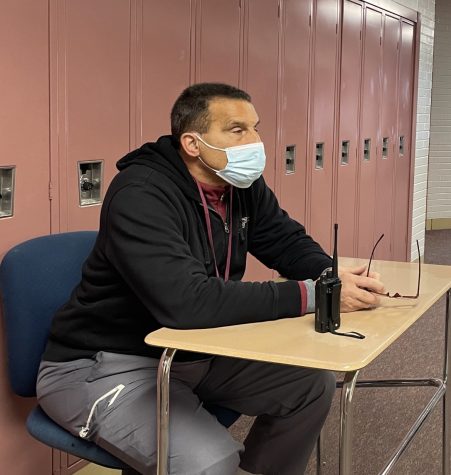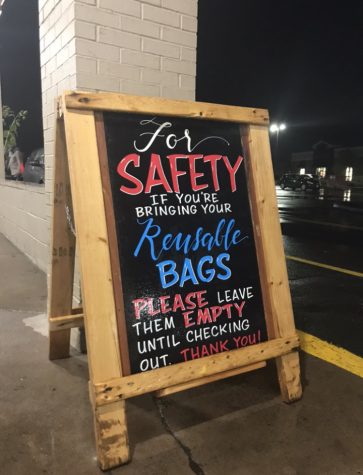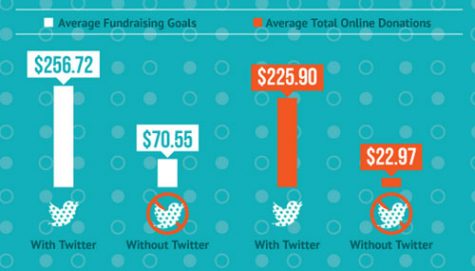The United State needs criminal justice reform
December 17, 2018
The United States is not the land of the free.
According to the American Civil Liberties Union (ACLU), there are 2.1 million people in American prisons, more than anywhere else in the world. The ACLU also states that America’s prison population is disproportionately minority and poor.
One much needed change is a reform of sentencing laws, particularly a reexamination of mandatory minimum sentencing. According to Families Against Mandatory Minimums (FAMM), federal mandatory sentencing laws require judges to dole out sentences for certain crimes, often drug offenses, even if the punishment may be inappropriate under the specific circumstances of a particular case. According to Last Week Tonight, the United States instituted these stringent sentencing laws in response to the crack cocaine epidemic of the 1990s. Congress passed these laws under a heightened atmosphere of fear and anxiety. By being “tough on crime”, politicians hoped to demonstrate to voters that they were solving the problem. However, according to a clip featured on the Last Week Tonight segment, former Congressional staffer Kevin Ring who played a role in drafting mandatory minimum laws now claims that such legislation ultimately proved ineffective because most criminals don’t expect to be caught and are ignorant of sentencing minimums. FAMM even claims that mandatory minimum sentencing is actually counterproductive because it increases recidivism, especially among “low-risk offenders”.
Rather than dedicating resources to facilitate extended jail sentences, taxpayer money would be more productively allocated to catch criminals. Indeed, according to FAMM, “the certainty of punishment” is a more effective deterrent than “the severity of punishment”.
Yet another obstacle toward a fairer criminal justice system is racial profiling. According to the Washington Post, African Americans and Latinos were overwhelmingly more likely to be stopped and frisked in New York City in stops that turned up nothing most of the time. Furthermore, the ACLU reports that although they use marijuana at the same rate as whites, African Americans are arrested disproportionately for possession of the drug. Such treatment understandably alienates members of minority groups and reduces trust in law enforcement, which makes policing more difficult.
The prison–industrial complex poses one of the most serious threats to American ideals. It damages our nation’s standing on the world stage as an advocate of human rights. Protections for criminals and the accused are a key feature of the Constitution. Indeed, an ideal criminal justice system would place rehabilitation as a top priority beside deterrence. It would live up to the promise of our nation’s founding document by treating everyone equally regardless of race and issuing humane punishments. Our goal must be to reembody these foundational principles. The fact that Congress is currently working to pass the FIRST STEP Act is a positive sign of progress.




